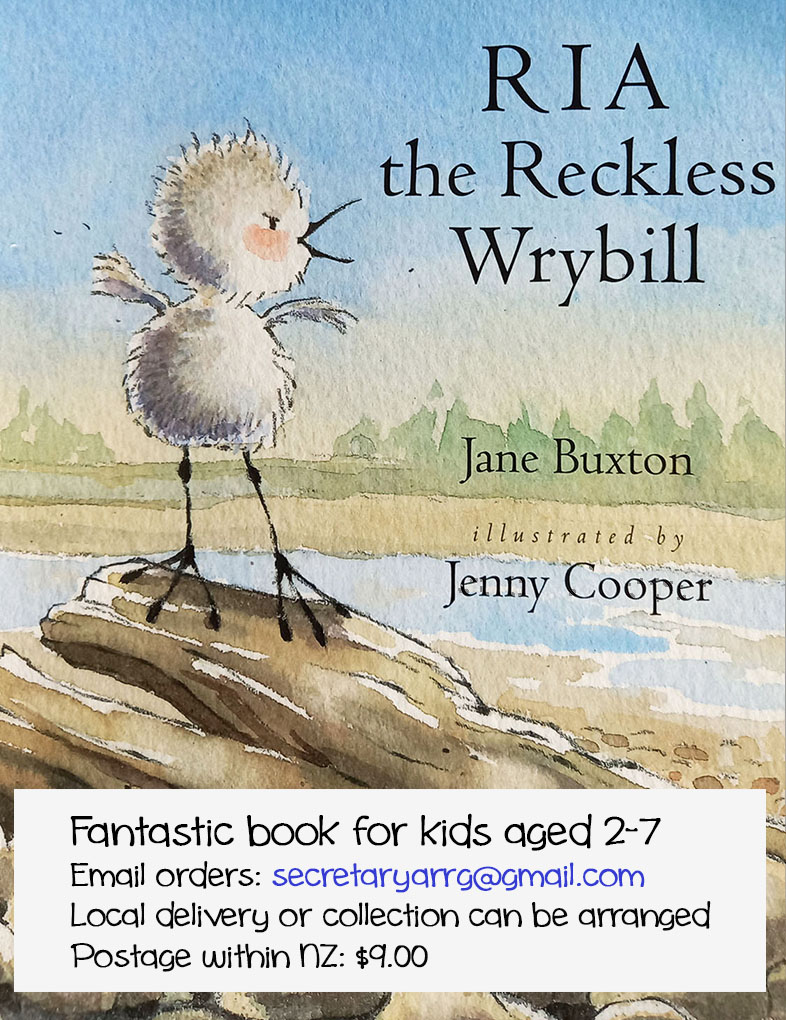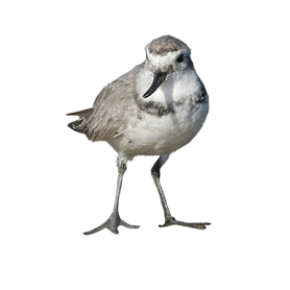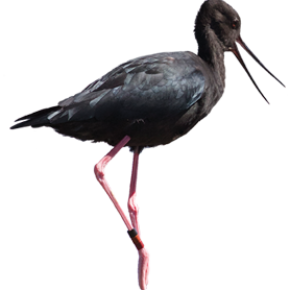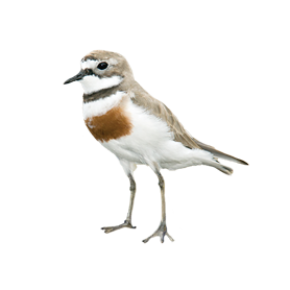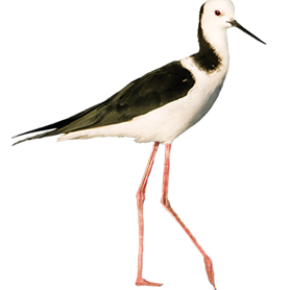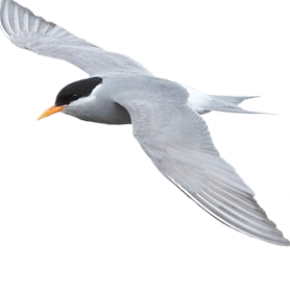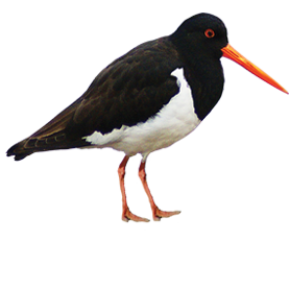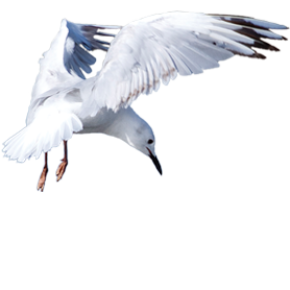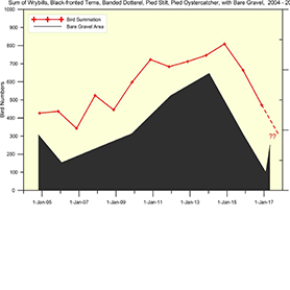In 1999, concerned by the declining state of the Ashley-Rakahuri River near Rangiora, New Zealand, members of the community came together and formed the Ashley-Rakahuri River Rivercare group, ARRG. While different interest groups, from gravel extractors and 4WD enthusiasts to bird watchers, are often on opposing sides of issues, we all had a common desire to reverse the decline in numbers of the unique birds that breed on the river.
From the outset, we worked together with the Department of Conservation, Environment Canterbury, and the Waimakariri District Council to develop and implement a strategy to manage an 18km section of the river from the confluence of the Okuku River downstream to the State Highway 1 (SH1) road bridge.
Regular pest trapping, bird monitoring, and public education campaigns began in earnest in 2004. For the next few years we received funding from WWF, Pacific Development and Conservation Trust, NZ National Parks and Development Foundation, and the NZ Lottery Grants Board. The co-operative model worked. So in 2007, we organised a braided river birds workshop. That led to the formation of BRaid, an organisation that advocates for braided rivers across the South Island.
In 2010 we won the Canterbury-Aoraki Conservation Award, and in 2018 we won the Australasian Wildlife Management Society annual award for Practical Wildlife Management.
Today, some twenty years after that first meeting, our dedicated volunteers build, install, and check predator traps, monitor bird populations annually, undertake field research, support graduate student research, trial programmes to enhance habitats through weed clearing and island formation with the assistance of a local gravel extraction company Taggart Earthmoving, lead ‘river ramble’ walks during Conservation Week, and regularly visit schools and community groups (see our reports for details and this educational video). Apart from large one-off projects, for which we seek outside finances, we are largely self-funded through the work of volunteers, some of whom make DOC200 traps that we sell. Plus we are sponsored by a local business, Karikaas, artisan makers of a ‘braided river birds’ series of award-winning cheeses.
It’s not just the birds that benefit. The community as a whole is enriched by the knowledge that a rare ecosystem is right here in their backyard and some of the most endangered birds in the world choose to call it home.
Our job is to ensure that we protect and nurture this environment for future generations.
The River....
Find out more
We’ve achieved a great deal these past few years. See our annual reports including bird surveys, and other reports including field research and population trends. Check our news pages, visit us on Facebook, or book a talk for your school or community group. We’re always happy to share the stories of these birds and their remarkable braided river home here on the Ashley-Rakahuri River.
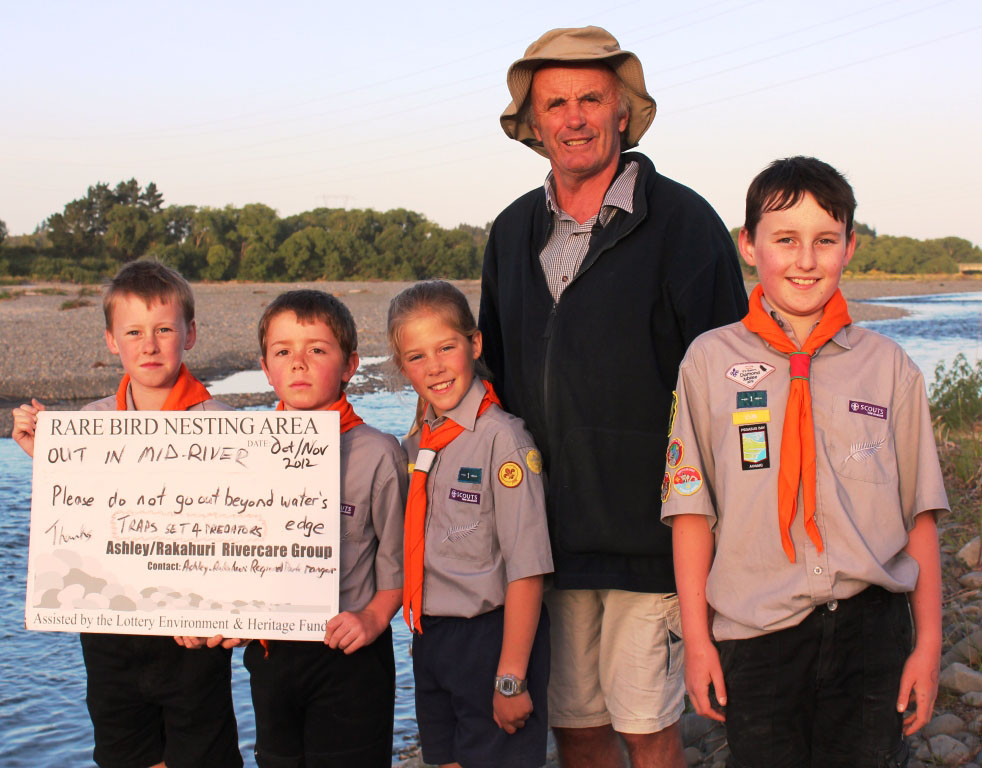
Get Involved
Become a member (it’s free).
Our next meeting:
7pm Thursday 21 November 2024.
DOC Meeting Room, River Road, Rangiora
Members and non-members all welcome.
Contact Us
Secretary: Bob Gumbrell: [email protected]
Latest News
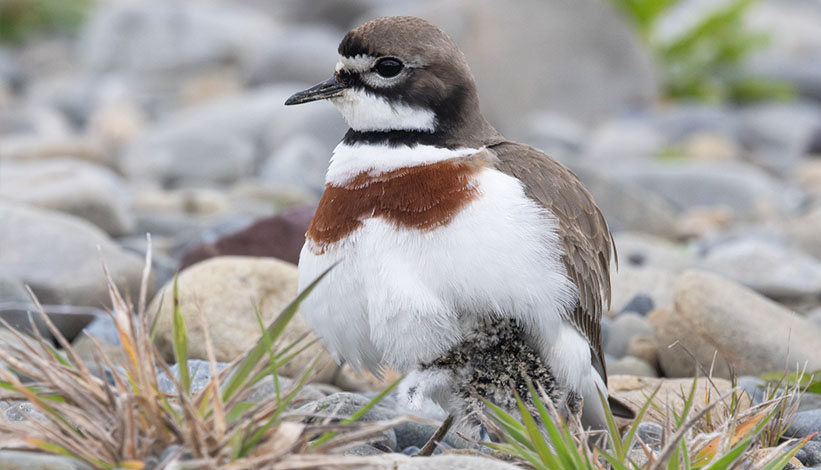
First chicks
23 September: Grant Davey reports first banded dotterel nest on the Ashley Rakahuri The banded dotterel nest found when we were clearing weeds recently had only one egg in it but both birds were still there. So, I lay down a few metres from the nest to see what they would do. They both came […]
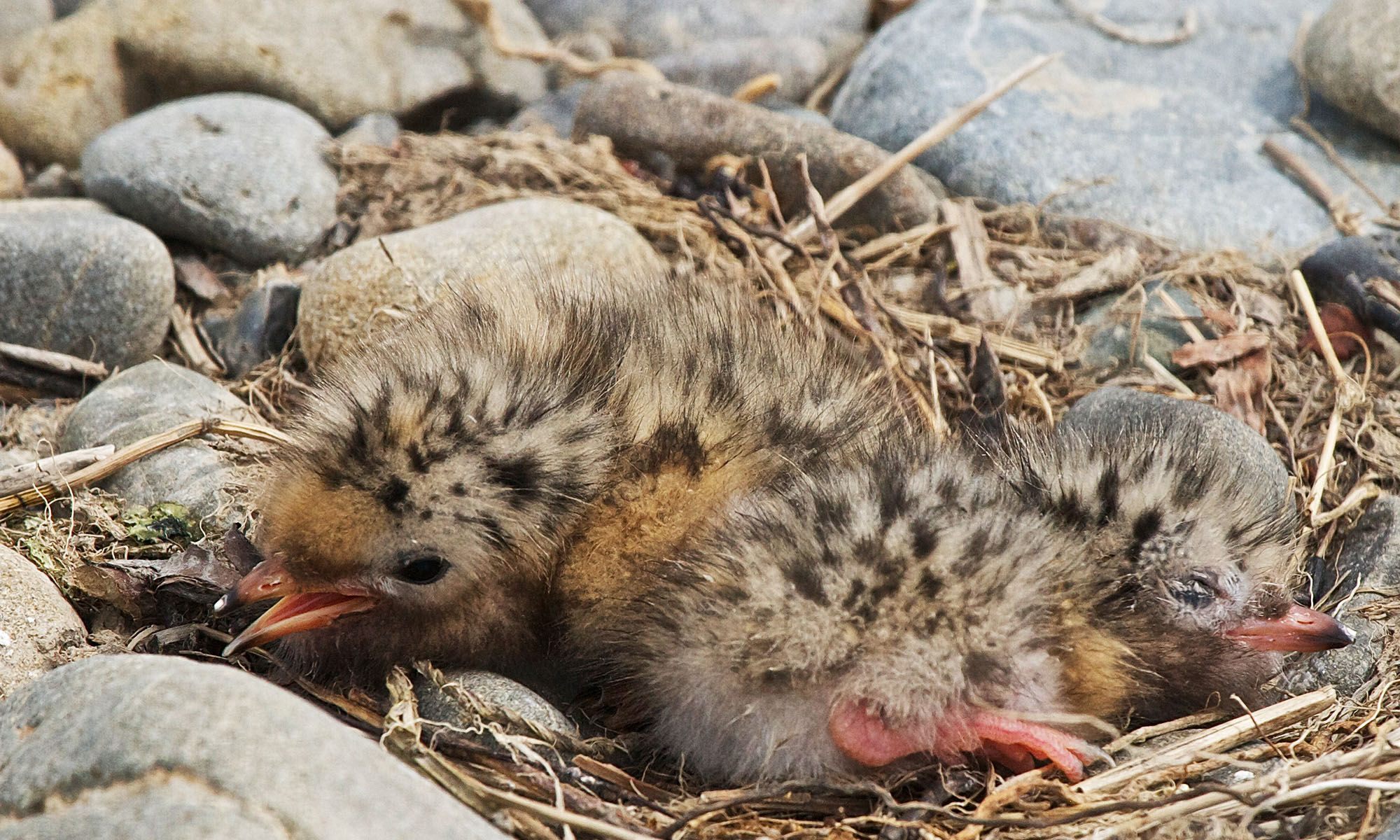
Ashley River Braided River Bird Nesting
This is the first draft of an ongoing study. Below are several graphs and maps that illustrate temporally and spatially the nesting of braided river bird species over the last few years on the Ashley. All wrybill, PS, SIPO, BFT and BD nests were located with GPS – using QField on a smartphone or tablet, […]
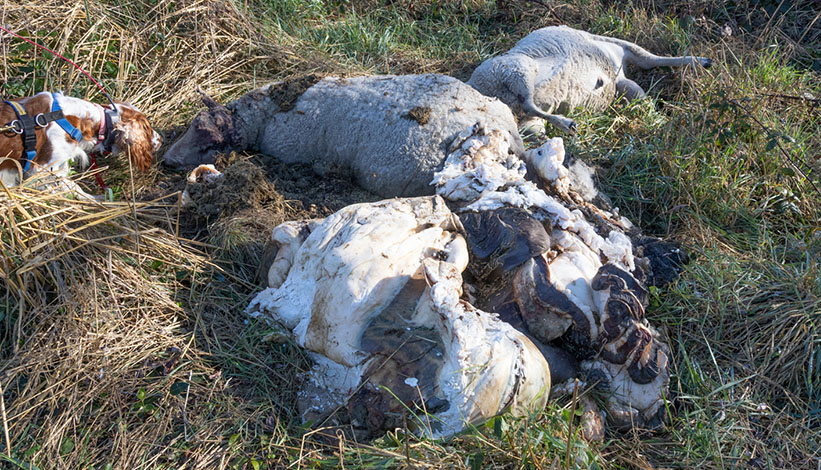
Dead Animals
Report from Grant Davey About three weeks ago we found a place on the north bank of the river about a kilometre downstream from Ashley Village where several dead sheep (top image) and the remains of a butchered cattle beast had recently been dropped. Immediately beside this, in a ditch, were the jumbled-up remains of […]
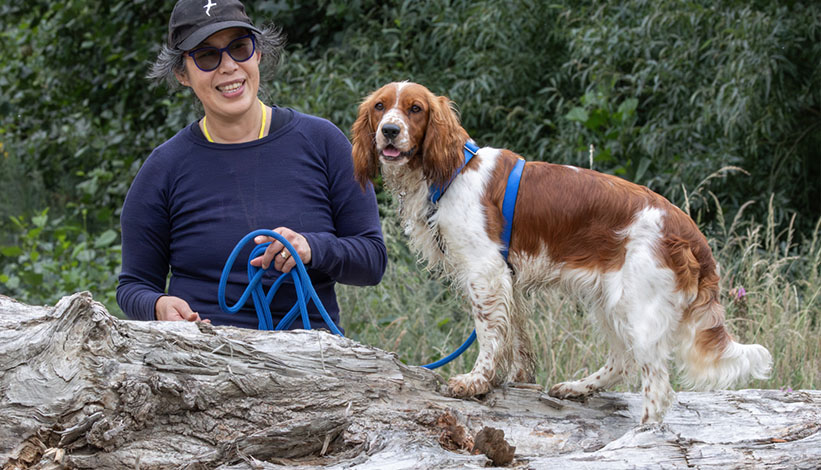
Evie the rat dog
Trail cameras have shown that Norway rats are the worst predators of the eggs and sometimes the chicks of the braided river birds on the Ashley. But we are getting more and more evidence that feral cats are also a serious danger. ARRG has traps spaced at 100m intervals along each side of the river […]


